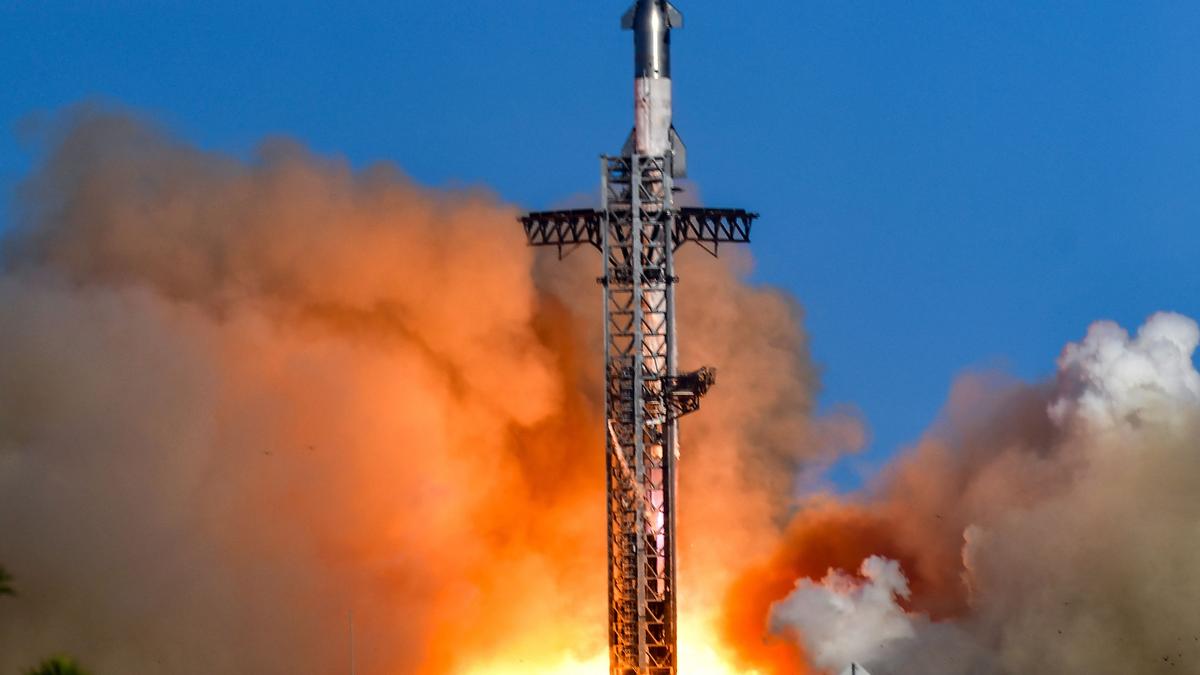Red Planet Rendezvous: Inside SpaceX's Bold Mars Mission Roadmap

Elon Musk's Red Planet Odyssey: The Monumental Challenges of Colonizing Mars
Elon Musk's vision of transforming humanity into a multi-planetary species faces an extraordinary gauntlet of challenges that stretch far beyond typical technological boundaries. The SpaceX founder's ambitious Mars colonization plan is a complex tapestry of technical hurdles, logistical nightmares, and political complexities that threaten to derail one of the most audacious human exploration projects in modern history.
The technical challenges alone are staggering. Developing spacecraft capable of surviving the brutal 140-million-mile journey, creating sustainable life support systems, and protecting human travelers from cosmic radiation represent just the tip of the interplanetary iceberg. Musk's Starship must not only transport humans safely but also withstand the extreme environmental conditions of Mars, a planet with a thin atmosphere, frigid temperatures, and minimal protection from solar radiation.
Logistical obstacles compound the technical difficulties. Establishing a self-sustaining colony requires solving unprecedented problems of resource management, habitat construction, and long-term human survival in an alien environment. Every critical system—from oxygen generation to food production—must function with near-perfect reliability in a context where resupply missions are months, if not years, apart.
Political and regulatory hurdles further complicate the mission. International space treaties, funding constraints, and geopolitical tensions create additional layers of complexity that could potentially ground Musk's interplanetary dreams. The astronomical costs and immense risks make many governments and investors hesitant to fully commit to such an unprecedented venture.
Despite these formidable challenges, Musk remains characteristically optimistic. His track record of transforming seemingly impossible technological goals into reality with companies like Tesla and SpaceX suggests that while the Mars mission might seem like science fiction today, it could become a groundbreaking reality tomorrow.
The journey to Mars is more than a technological challenge—it's a testament to human ambition, resilience, and our fundamental drive to explore the unknown. Whether Musk's vision ultimately succeeds or falls short, it represents a bold reimagining of humanity's potential beyond the confines of our home planet.
